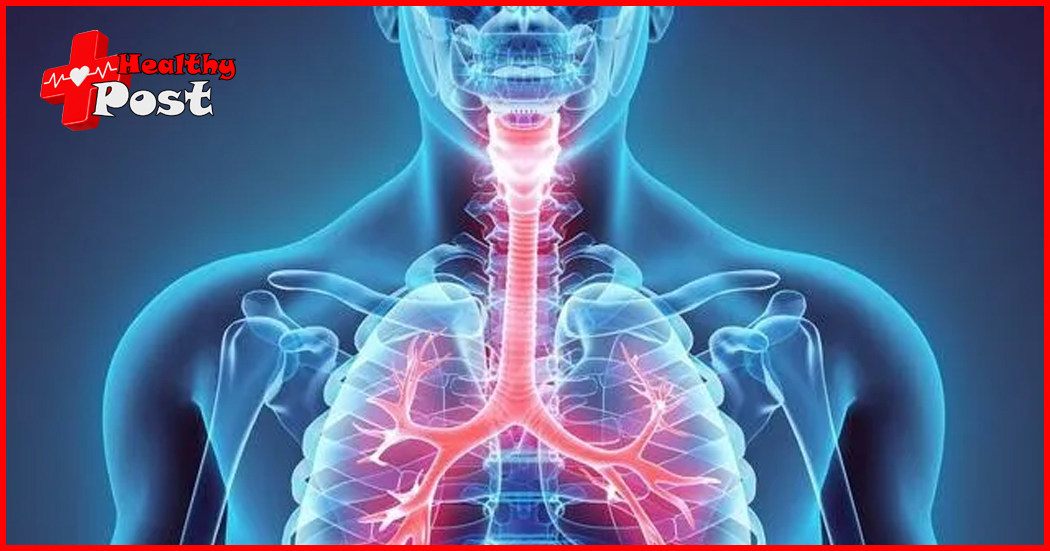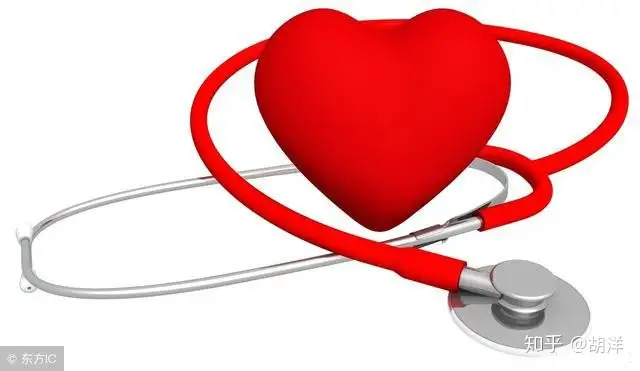
Which diseases are not actually cured, but are just symptom-free?
Although medicine has developed rapidly and medical research has reached the level of molecular biology, in fact most diseases can only be controlled but not eradicated. Most of the so-called radical cures in medicine either rely on surgery to remove the diseased lesions, or the symptoms disappear, so that the symptoms are not revealed. However, in fact, there are more or less injuries in the body. At present, it can be completely cured and still in progress. There are relatively few diseases in the body that do not leave sequelae. The respiratory system is mainly lobar pneumonia. After anti-infective treatment, the lungs can basically leave no traces and sequelae, while many other systemic diseases cannot be cured in fact.

Cardiovascular disease
For example, high blood pressure and coronary heart disease require lifelong medication. If the blood pressure of hypertension is not well controlled, cerebrovascular accidents, hemiplegia, aphasia, etc. may easily occur. Patients with coronary heart disease and myocardial infarction are prone to reinfarction. Even if they receive cardiac stent implantation, they need regular review and long-term oral anticoagulant drugs.

Cerebrovascular disease
For patients with cerebral infarction or cerebral hemorrhage, cerebral arteriosclerosis or poor blood pressure control may cause recurrent cerebral infarction or cerebral hemorrhage as age increases. Most patients also need lifelong treatment.

Respiratory system diseases
In addition to acute bronchitis and upper respiratory tract infections, other respiratory system diseases are basically irreversible, such as chronic bronchitis, emphysema, bronchiectasis, bronchial asthma, and interstitial pneumonia. Under the influence of various inducements, these diseases will relapse and become more serious with age, and the lung function will gradually decline.
Diabetes
Among chronic diseases, diabetes should be the most common. People with diabetes need to take lifelong oral hypoglycemic drugs or use insulin to control blood sugar. Otherwise, excessive blood sugar will cause a series of complications, such as diabetic nephropathy, diabetic eye disease, diabetic foot, Diabetic neuropathy, etc., regular monitoring of blood sugar is extremely important.

Autoimmune diseases
Such as rheumatoid arthritis, systemic lupus erythematosus, scleroderma, systemic vasculitis, ankylosing spondylitis, etc. These diseases require long-term use of hormones or immunosuppressants, and the disease will not heal after medication. The disease can only be controlled to a certain extent but cannot be cured.
Malignant tumors
Except for some very early malignant tumors that can be cured radically through surgery, or tumors that are extremely sensitive to radiotherapy and chemotherapy, clinical cure can be achieved. Most tumors discovered late can only use existing treatments to improve patients’ quality of life and prolong survival time.

Kidney disease
If chronic kidney disease is not treated promptly and effectively, causing the condition to worsen and progress. As the disease progresses, patients with chronic kidney disease will develop into chronic renal insufficiency, renal failure, and eventually uremia. Since chronic kidney disease is an immune inflammatory reaction process. It is actually a non-stop immune rejection process, so it is a protracted disease that cannot be cured. So the treatment is also a very difficult process.
Although these chronic diseases cannot be cured, they can be well controlled through different treatment methods. The focus is on the patient’s self-management, maintaining good living habits, taking medicines on time, and checking up on time.


2 thoughts on “Which diseases are not actually cured, but are just symptom-free?”